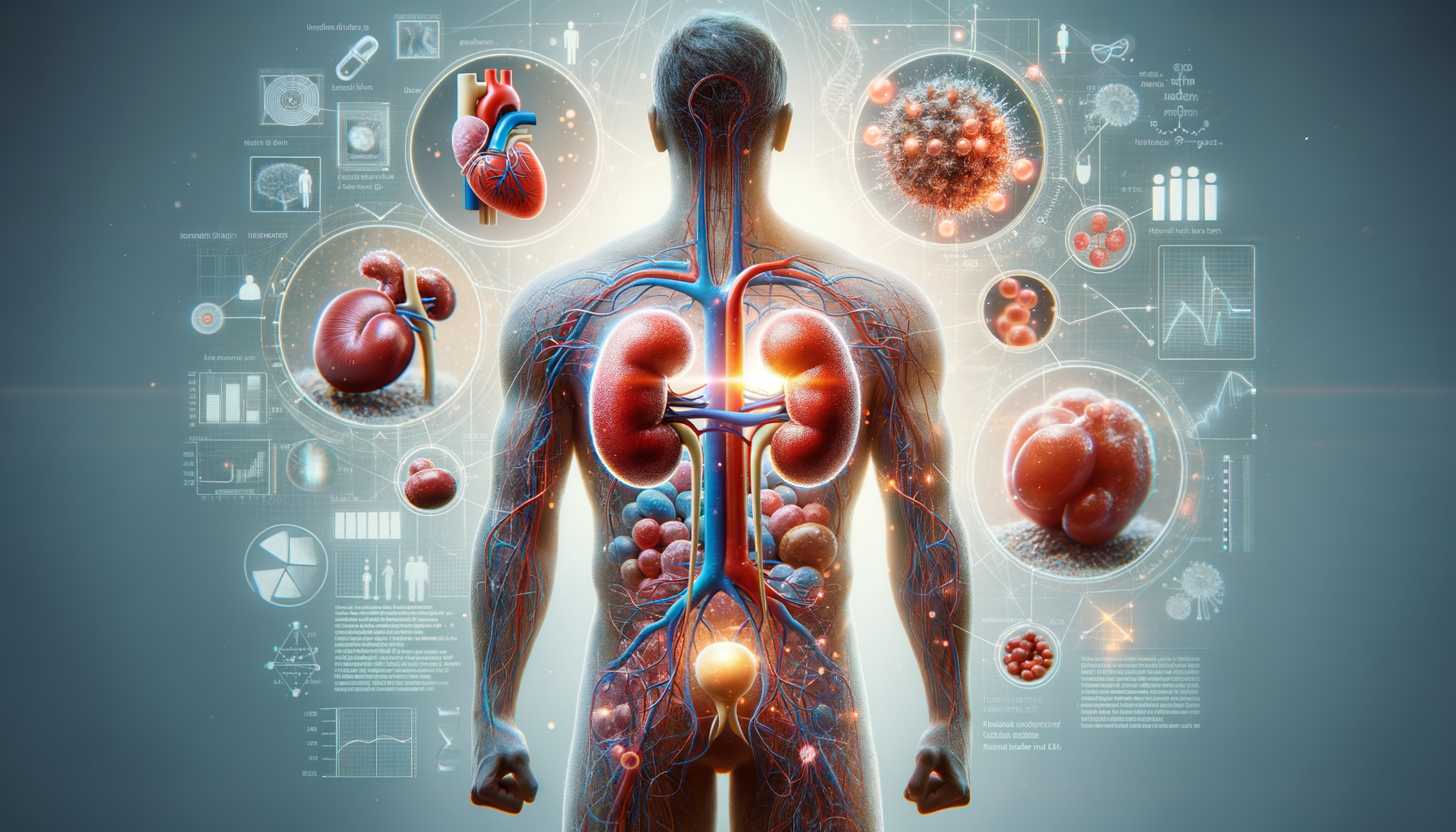Understanding Macular Degeneration
The macula is a small, yet crucial part of the retina responsible for central vision. Macular degeneration, particularly age-related macular degeneration (AMD), is a common eye condition that affects millions worldwide, primarily those over 50. It occurs when the macula deteriorates, leading to blurred or reduced central vision. This condition does not cause complete blindness but can severely impact daily activities like reading and driving.
There are two main types of AMD: dry and wet. Dry AMD is more common and progresses slowly, characterized by the thinning of the macula. Wet AMD, though less common, is more severe and rapid, caused by abnormal blood vessels leaking fluid or blood into the macula. Understanding these types is crucial for managing expectations and treatment approaches.
Risk factors for macular degeneration include age, genetics, smoking, and a diet low in nutrients essential for eye health. As such, lifestyle changes, particularly dietary adjustments, can play a significant role in managing the condition and slowing its progression.
The Role of Nutrition in Macular Health
Nutrition plays a pivotal role in maintaining eye health and potentially slowing the progression of macular degeneration. Certain nutrients have been identified as beneficial for the macula, including antioxidants, vitamins, and minerals. The Age-Related Eye Disease Study (AREDS) found that high doses of antioxidants and zinc significantly reduced the risk of advanced AMD.
Key nutrients for macular health include:
- Lutein and Zeaxanthin: These carotenoids are found in high concentrations in the macula and are known to filter harmful blue light and protect eye cells.
- Vitamin C and E: Antioxidants that help combat oxidative stress, which can damage the macula.
- Zinc: Essential for maintaining the health of the retina.
- Omega-3 Fatty Acids: Found in fish oil, they support retinal function and may reduce the risk of AMD.
Incorporating these nutrients into your diet through foods such as leafy greens, fish, nuts, and citrus fruits can support eye health and potentially slow the progression of AMD.
Dietary Recommendations for Macular Health
Adopting a diet rich in macular-supporting nutrients can be a proactive step in managing eye health. The Mediterranean diet, known for its heart-healthy benefits, is also beneficial for the eyes. This diet emphasizes whole foods, healthy fats, and a variety of fruits and vegetables, aligning well with the nutrients needed for macular health.
Consider the following dietary tips:
- Include Leafy Greens: Spinach, kale, and collard greens are excellent sources of lutein and zeaxanthin.
- Eat Fatty Fish: Salmon, tuna, and sardines are rich in omega-3 fatty acids, supporting retinal health.
- Opt for Colorful Fruits and Vegetables: Foods like oranges, carrots, and sweet potatoes are high in vitamins C and E.
- Choose Whole Grains: Whole grains provide essential nutrients and support overall health.
By making these dietary adjustments, you can support your eye health and potentially slow the progression of macular degeneration.
Lifestyle Changes Beyond Diet
While diet is a significant aspect of managing macular health, other lifestyle changes can also contribute to eye health. Smoking cessation is crucial, as smoking is a major risk factor for AMD. Quitting smoking can significantly reduce the risk of developing or worsening the condition.
Regular exercise is another important factor. Physical activity improves circulation, which can enhance oxygen and nutrient delivery to the eyes. Aim for at least 30 minutes of moderate exercise most days of the week.
Protecting your eyes from UV light is also essential. Wearing sunglasses that block 100% of UVA and UVB rays can help protect the delicate tissues of the eyes from damage.
Regular eye check-ups are important for early detection and management of AMD. Early intervention can help slow the progression of the disease and maintain quality of life.
Conclusion: Supporting Macular Health Through Informed Choices
Macular degeneration is a challenging condition, but understanding its nature and taking proactive measures can make a significant difference. By focusing on a nutrient-rich diet, making healthy lifestyle choices, and seeking regular medical advice, individuals can support their eye health and potentially slow the progression of macular degeneration.
While there’s no cure for AMD, these strategies can help manage the condition and maintain better vision for longer. As research continues, staying informed about new developments and treatments will also be crucial for those affected by macular degeneration.




Leave a Reply